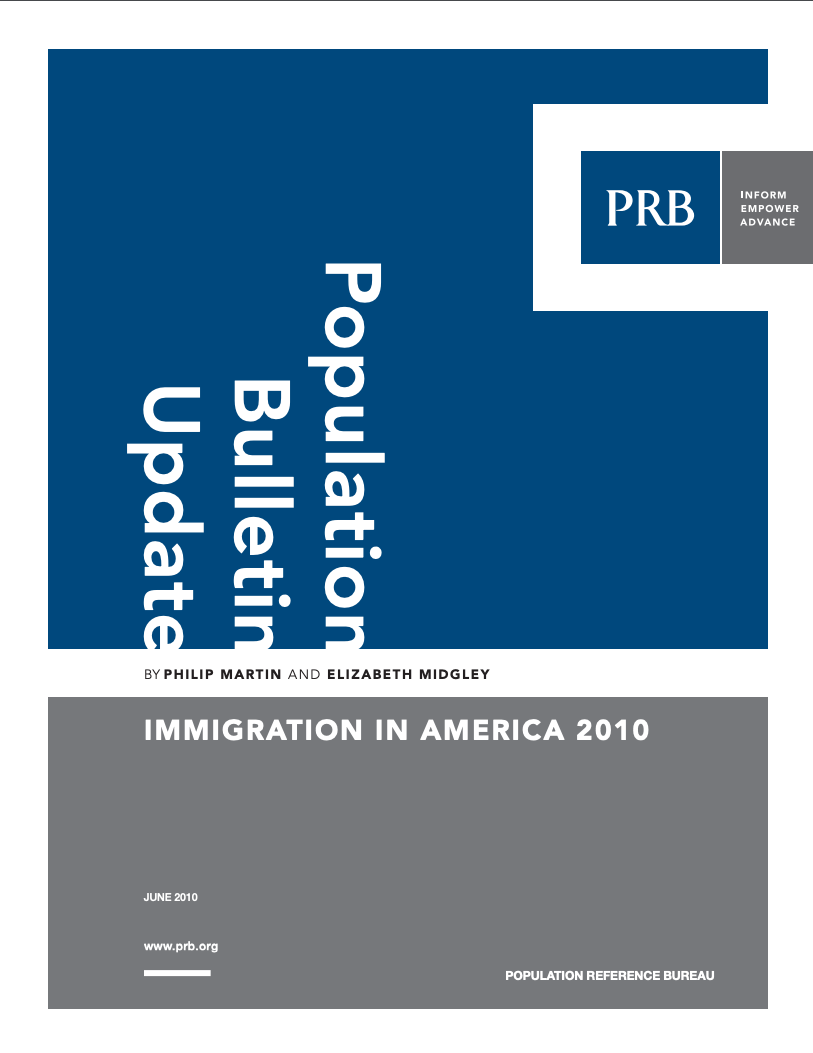Project: International Media Program
A PRB Media Landscape Review: Are the News Media Giving Policymakers the Information They Need?
Where do developing country policymakers get the information on which they base their public policy decisions?

Project: International Media Program
Where do developing country policymakers get the information on which they base their public policy decisions?

Could governments cut investments in sexual and reproductive health—such as teen pregnancy prevention programs—under the false perception that 'the job is done'?

Big data has opened a new world for demographers and public health scientists to explore. But is analyzing big data practical and affordable?
“The employers who think more creatively about policies are the ones who are going to come out ahead in the next couple of decades,” Elliott said.
(2002) Sitcoms and talk shows have brought gay men and lesbians into the living rooms of average Americans, and talking about sexual orientation has become less taboo in recent years. But beyond stereotypes, what do we know about real-life homosexuals?
(2010) The phrase "1.57 Shock" was widely used in Japan 20 years ago in reaction to the lowest fertility rate in the country's history.
(2015) According to news reports, Nigerian parliamentarian Babatunde Gabriel Kolawole backed a proposed motion for population policy legislation with projections from PRB’s World Population Data Sheet as evidence of a brewing crisis and the need to take quick policy action to avert it.

This Population Bulletin Update is a follow-up to 2006's Population Bulletin, "Immigration: Shaping and Reshaping America" by Phil Martin and Elizabeth Midgley, and provides new data and analysis on the economic impacts and policy debates around immigration.